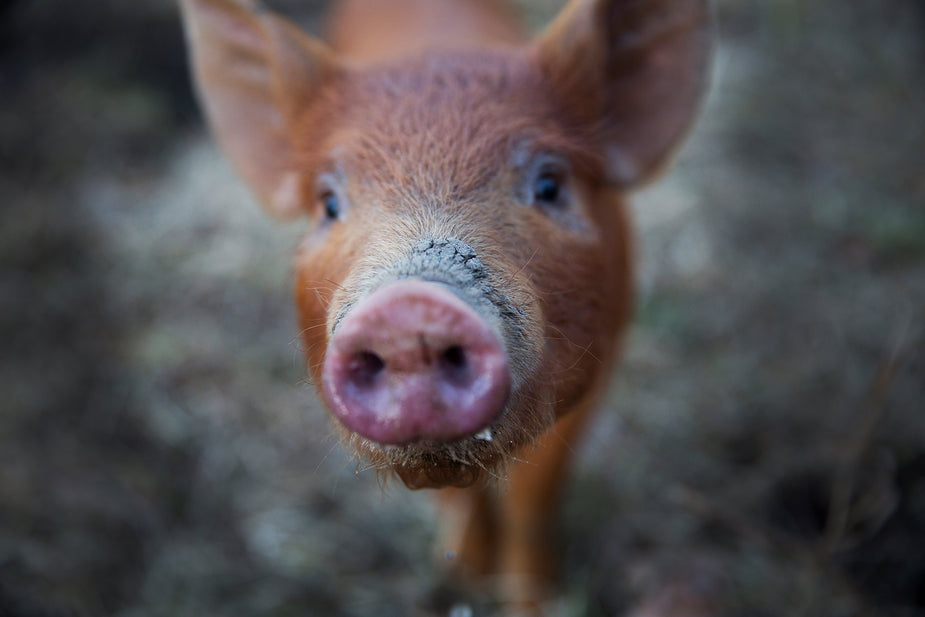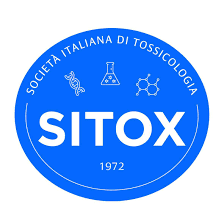
Probiotics feed: functions, benefits and requirements
Probiotics are viable microorganisms able to colonise the gastrointestinal tract of animals and humans, positively influencing their microflora and thus exerting a beneficial effect on their health. For this reason, probiotics are added to feed, as additives or supplements, to improve nutrient utilisation efficiency and production performance, average weight gain and animal health.
Probiotic supplementation has been shown to benefit farm animals by modulating the immune response and increasing cytokine synthesis, which positively affect the lining protecting the intestinal mucosa from pathogens.
The micro-organisms most commonly used for probiotic purposes in animals and humans are lactic acid bacteria (Lactobacillus and Bifidobacterium), less frequently bacteria of the genera Enterococcus, Streptococcus, Pediococcus, sporigenic bacteria (Sporolactobacillus spp., Brevibacillus spp., Bacillus spp.) and yeasts (Saccharomyces spp.).
The use of probiotics in food presupposes that they are safe for human and animal health. Especially, EFSA has summarised the requirements that probiotics must meet in the QPS, Quality Presumption of Safety, withrelevant reference to their possible pathogenicity and potential transfer of antibiotic resistance genes. In addition, the probiotics must be able to withstand the difficult conditions of the host’s gastrointestinal tract (gastric acidity, lysozyme, bile salts, digestive enzymes) and the action of the main antibiotics used in the species in question.
Thanks to its solid know-how in microbiology, BioTecnologie BT has developed procedures and good laboratory practices to select its own bank of probiotic microorganism strains. Each strain is subjected to studies to assess its activities and to efficacy tests to define its actions, complying to QPS requirements from EFSA guidelines.


 English
English Italian
Italian


